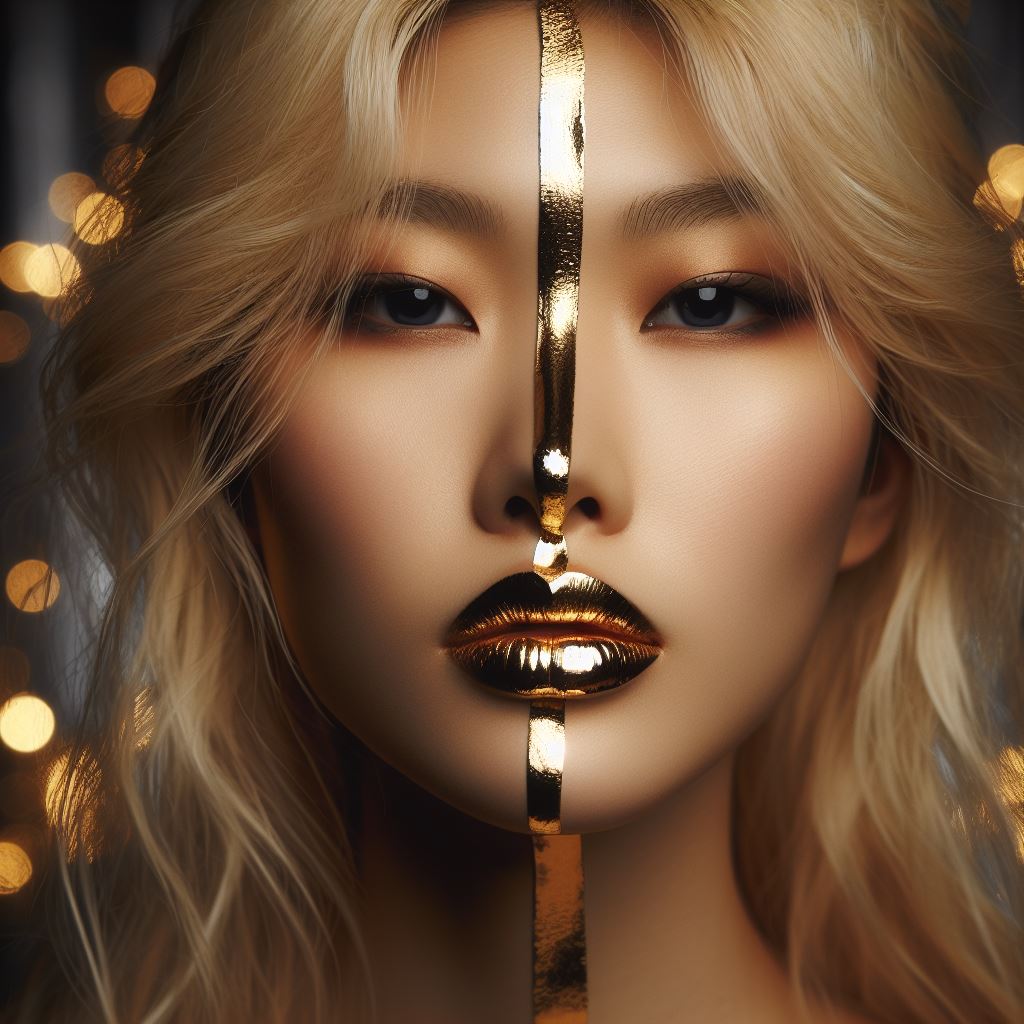In an era where ostentation often overshadows authenticity, the concept of luxury finds itself at a fascinating crossroads. As someone who once ardently championed branded merchandise, I’ve witnessed a disconcerting metamorphosis within the luxury industry. Today, the market is saturated with products that seem more like walking billboards, emblazoned with conspicuous logos, than genuine expressions of craftsmanship and quality. As corporations metamorphose luxury brands into grandiose MLM (Multi-Level Marketing) schemes, discerning consumers are gravitating towards a more understated, yet profoundly resonant, form of luxury: quiet luxury.
From Craftsmanship to Corporatization
Historically, luxury was synonymous with unparalleled craftsmanship, meticulous attention to detail, and exclusivity. Brands like Hermès, Chanel, and Louis Vuitton epitomized this ethos, crafting timeless pieces that transcended fleeting trends. However, the corporatization of luxury has engendered a paradigm shift, transforming these revered institutions into corporate sales machines fixated on mass production and relentless brand proliferation.
The Logo-Driven Landscape
In today’s luxury landscape, logos reign supreme. Products are inundated with oversized logos, transforming them into ostentatious status symbols rather than refined expressions of quality and artistry. This logo-centric approach not only detracts from the product’s intrinsic value but also diminishes its aesthetic appeal, relegating it to the realm of transient trends rather than timeless elegance.
The Resurgence of Quiet Luxury
Amidst this commodification of luxury, a burgeoning movement is emerging—one that prioritizes authenticity, quality, and understated elegance over ostentation and brand proliferation. Quiet luxury encapsulates this ethos, championing products that eschew overt branding in favor of subtle sophistication, unparalleled craftsmanship, and enduring quality.
Embracing Authenticity
Quiet luxury celebrates products that speak for themselves, devoid of ostentatious logos and gratuitous branding. These products resonate with authenticity, embodying the artisanal skill, meticulous craftsmanship, and timeless design that discerning consumers crave. From bespoke tailoring to handcrafted accessories, quiet luxury encapsulates the essence of true craftsmanship, fostering a deeper connection between the consumer, the artisan, and the product.
A Shift in Consumer Consciousness
As consumers become increasingly disillusioned with the corporatization of luxury, a palpable shift in consciousness is underway. Discerning consumers are eschewing overtly branded products in favor of quiet luxury, seeking products that resonate with authenticity, quality, and integrity. This shift underscores a growing recognition that true luxury transcends logos and brand names, emanating from craftsmanship, quality, and authenticity.
Championing Sustainable Luxury
Quiet luxury also encompasses a commitment to sustainability, ethical production, and responsible consumption. As consumers become more conscientious about their purchasing decisions, they are gravitating towards brands that prioritize sustainability, ethical production practices, and environmental stewardship. Quiet luxury champions this ethos, fostering a more sustainable, ethical, and responsible approach to luxury consumption.
Conclusion: Embracing Quiet Luxury
As someone who has witnessed the evolution of the luxury industry firsthand, I wholeheartedly embrace the burgeoning quiet luxury movement. This renaissance of authenticity, quality, and craftsmanship reaffirms my belief in the enduring allure of true luxury, transcending logos and brand names to celebrate products that resonate with authenticity, integrity, and timeless elegance. As the corporatization of luxury continues unabated, I remain steadfast in my commitment to championing quiet luxury, celebrating the artisans, craftsmen, and brands that embody the essence of true luxury.
Shayne Heffernan









